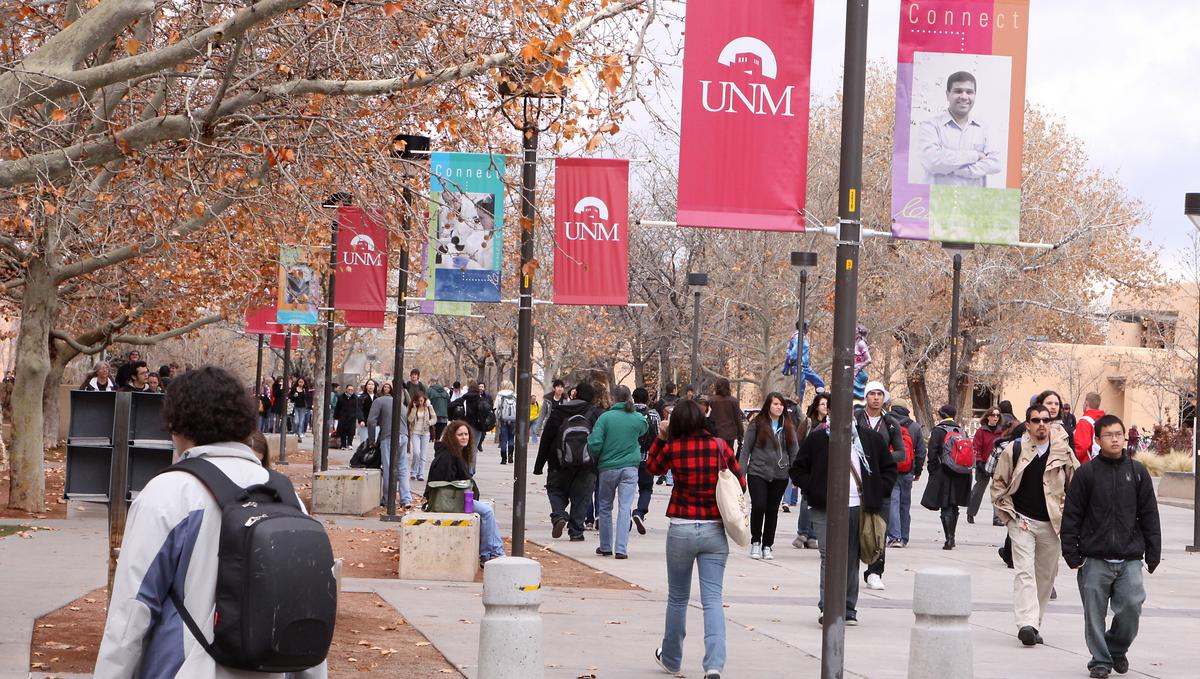Dr. Jamal Martin about Peace and Justice Studies in UNM
Also published in: The Peace Lens
March 26th, 2015 was the Viola Cordova Memorial Symposium, “Our common ground,” hosted by Native American Studies.
The panel had representatives from Native American Studies, Chicana/Chicano Studies, Africana Studies, Women Studies, Sustainability Studies, Learning Communities, Community Engagement, Global Studies, and Peace and Justice Studies.
“We know peace by its absence and by realizing how much trauma and violence surround us.”
This is how Dr. Jamal Martins started his speech as not only the African diaspora scholar, but also the director of Peace and Justice studies.
He chose to revolve his work in public health around social justice because he has always believed that the root of public health is indeed, social justice. That’s why he changed the name from Peace Studies to Peace and Justice Studies.
Dr. Jamal explained the vision that he carries, which mainly focuses on the importance of building a generation of students who are given the reasons to be “peace builders, not peacemakers.”
 |
| (C) the Business Journals |
Dr. Jamal’s background in research and activism concerning global health justice and diplomacy, human rights and the use of critical legal theory in international institutional law, empowered him to be the person he is today. It inspired him also to work hard to provide the students with the opportunities to develop “transferable skills.” That’s how he saw the change initiated by the young potentials, who can be well-equipped enough to influence the society and the people that surround them.
He also emphasized that the 3 pillars of social justice are: justice and healing; prevention of violence, resolution and transformation; and structural and institutional development.
“Hope will be in our side,” helping us to stand against not only racism, sexism, but, most importantly, materialism and militarism, which are representing the real social issues nowadays.
Dr.Jamal also examined how to consider violence as a public health issue, especially in influencing youth and early childhood development.
Dr. Jamal Martins ended his speech by urging everyone to take part of spreading the word about structural violence.



Comments
Post a Comment